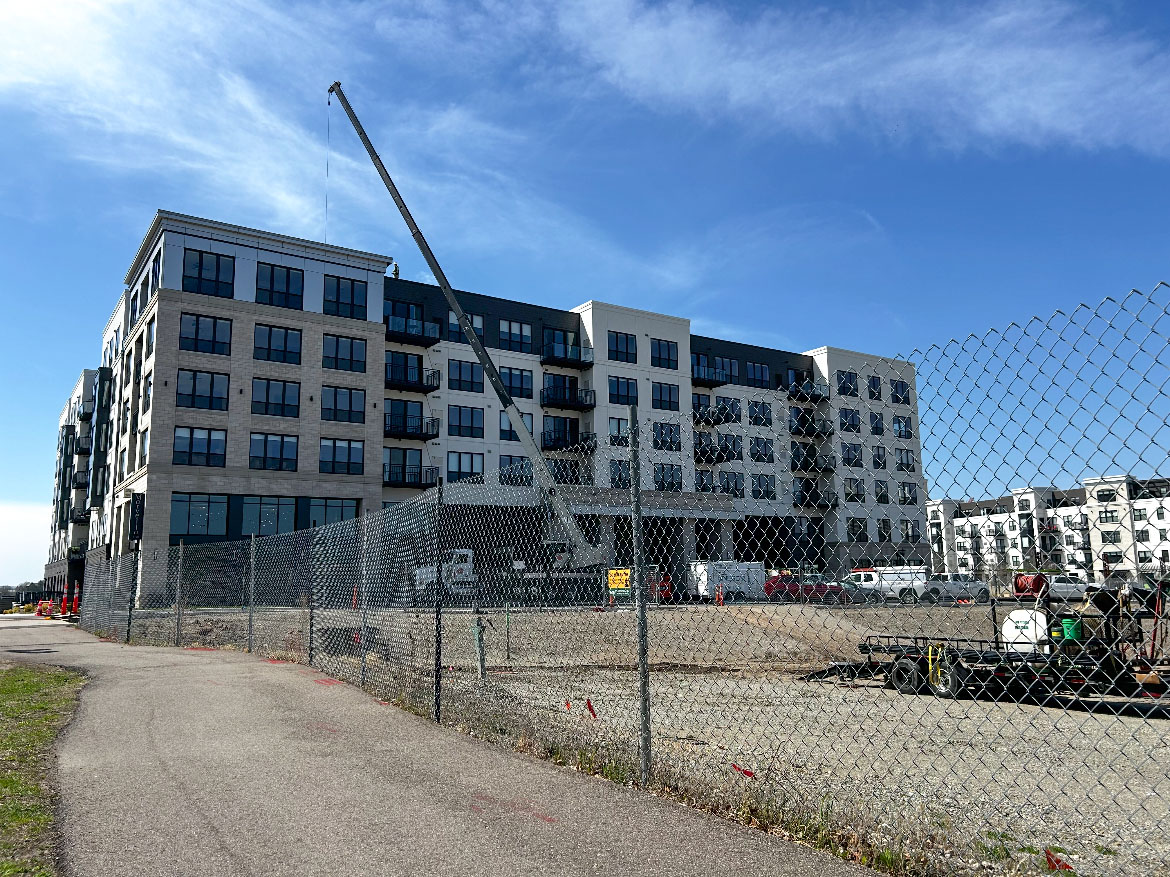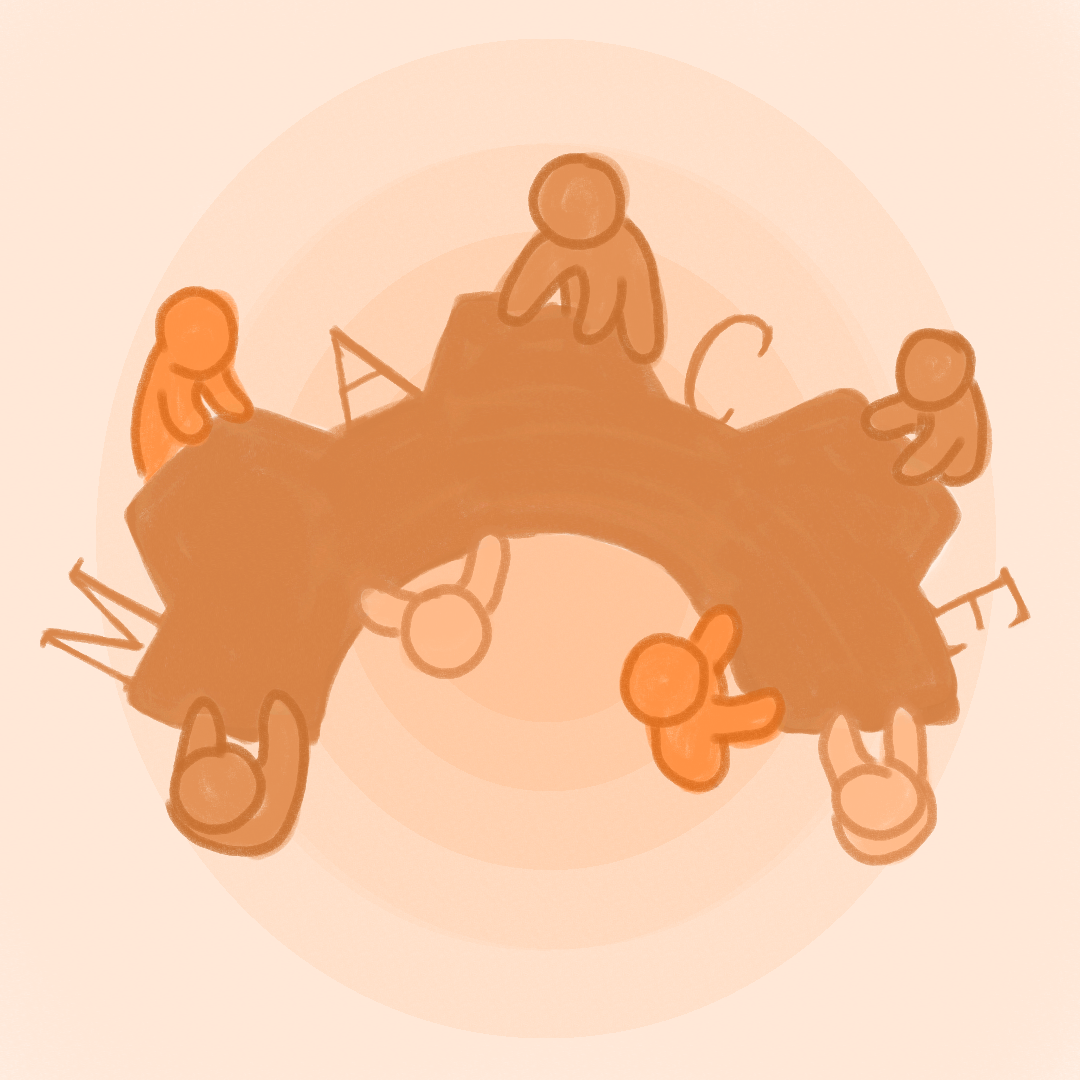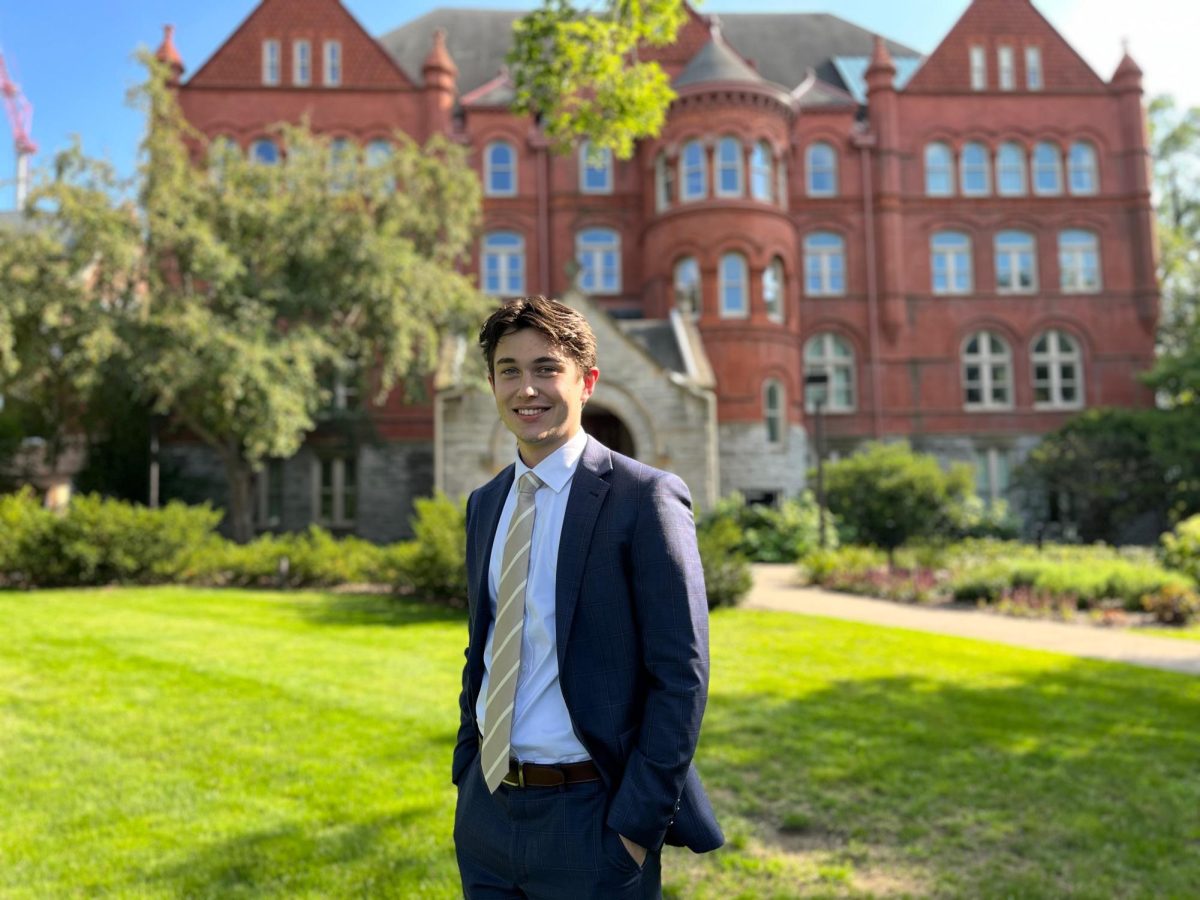Last spring, while on sabbatical and preparing to teach a first-year course this semester, political science professor Wendy Weber encountered an article in the New York Times’ Sunday Review.
The article was written by a history professor at the University of North Carolina, and criticized the increasing informality of American colleges – especially the trend of students referring their professors by their first names.
It posited that such behavior “undermined … esteem for learning,” and argued that “formal titles and etiquette can be tools to protect disempowered minorities and ensure that the modern university belongs to all of us.”
Weber was intrigued. “It dawned on me that when I was a very young faculty member, the culture was more formal, and this wasn’t an issue that I faced,” Weber said. “But now that I’m getting older, it’s sort of my responsibility to also think about how the culture affects younger faculty – young women and young faculty of color in particular.”
Over the summer, Weber brought the issue of first-name calling and the college’s informal culture up in a political science department meeting. One of her colleagues, Professor Adrienne Christiansen, picked up the baton.
Christiansen, in addition to her teaching role in the political science department, directs the college’s Jan Serie Center for Scholarship and Teaching.
The Serie Center hosts a number of programs for Macalester faculty, including Talking About Teaching – a weekly forum for professors to present on their journies and different aspects of their profession. Christiansen thought that the issues Weber raised would make a worthy topic.
“I got the idea [for] the program from listening to several of my female colleagues in Political Science this summer and decided there was enough ‘there’ there to warrant a larger discussion among the faculty,” Christiansen wrote in an email to The Mac Weekly.
The discussion, titled “Does ‘First Name Calling’ Undermine Female Faculty Members’ Professional Credibility?”, took place on Sept. 29. According to Christiansen, it drew the series’ biggest crowd of the year.
“One of the things that struck us all as interesting was there were tons of people there,” Weber said. “It was clear that a lot of people were interested in the issue.”
Weber introduced the discussion, which featured commentary from professors across discipline, age, gender and race. Unsurprisingly, those who spoke represented a range of opinions on the importance – or lack thereof – in addressing professors formally. Christiansen called it a “fabulous” conversation.
“We’re so uncomfortable with both bodies and emotions – human affect.” – Adrienne Christiansen
For a number of the professors who spoke, especially young female professors and professors of color, the title of professor is about establishing authority in their classrooms.
“When I step in front of a class of students, I already have three strikes against me: I’m a woman, I’m relatively young, and I’m a minority,” history professor Katie Phillips said. “I would bet a lot of money that none of my students have ever seen someone like me in a position of authority.”
“Even now that I’m an assistant professor on the tenure-track,” she continued. “I’m incredibly mindful about how I look when I’m on campus, making sure I look and act like I deserve to have the job I do.”
“There are a lot of studies that have been done on the ways in which students evaluate male versus female professors,” Weber said. “And that you can have male and female professors teaching the same things in the same ways, and female professors get rated lower on course evaluations.”
The question for female professors is whether it really matters how their students address them.
“There have been times when certain students feel like they need to explain economics to me,” professor Amy Damon said. “And I feel like that is unnecessary. Specifically basic concepts. Now whether they call me Amy or Professor Damon, I’m not sure if it matters.
“I feel like students have been just as respectful calling me Amy.”
Some professors, on the other hand, feel that the name does make an impact. When several of her colleagues suggested to her early in her Macalester career that she have students call her by her title, political science professor Lesley Lavery felt that she was being asked to adhere to a double standard.
“It seemed to me that my elder colleagues could dive into the culture of Macalester and say call me by my first name without any consequences,” Lavery said. “Whereas I had to be more assertive and aggressive in asking that students call me by my title. I couldn’t be the cool professor.”
But Lavery’s position has changed. “As I’ve been here longer and I have started to require that, my views have shifted,” Lavery said. “I have started to associate it with respect and professionalism.”
For many professors, however, the importance of being called by their title dwindles as they gain in experience and seniority.
When Damon arrived at Macalester, she asked that students call her by her title. “Because I was a young woman,” she said, “I thought that it would help establish boundaries or respect.” But over time, that changed.
“Maybe because I’m more and more confident in teaching [now], I can say, you can not respect me, but that’s your choice,” Damon said.
Christiansen, who gives students the choice of what to call her, echoed those thoughts. “I would say I’m comfortable with myself now in a way that I was not when I was starting my teaching career,” she said. “I think I’m not nearly as intimidating because I’m not defensive as I used to be.”
More broadly, Macalester’s culture of informality is, for some, a point of pride – implying a strong sense of community that comes when students and professors have close, collegial relationships.
“I think it makes it easier to connect with one of your professors,” Nick Velikonja ’21 said.
“You wouldn’t call your friend or someone you know outside of some organized system by any title, you would just call them their name. And so your ability to call your teacher by that name kind of makes them more accessible. It doesn’t change everything, but it seems like kind of a sign of their willingness to work with you.”
“On the upside, it makes professors more approachable,” Alex Cooke ’19 said. “If you’re on a first name basis, that can be less intimidating… it can help cultivate relationships, which can be really important.”
However, students also recognize potential downsides to Macalester’s casual learning environment.
“I do think it’s important to have boundaries, because when you go out into the real world it’s important to be able to distinguish when you need to act professional and when you can joke around,” Cooke said. “I think we should maybe start leaning towards professionalism in the classroom.”
But the informal culture implies a certain educational philosophy as well. In many of Macalester’s small and frequently discussion-based classes, professors want to engage students as equals in the learning process.
“One point was that we’re all involved in the creation of knowledge in the classroom, and therefore not using titles is a way of kind of emphasizing that,” Weber said.
“I think there are some disciplines where formality is more assumed, and some disciplines where that is not the place,” Lavery said. “If you think about critical theory, maybe formality is something we want to tear down.”
Professors have other pedagogical reasons for encouraging students to call them by their first names. “I wish to put my students at ease,” Christiansen said, “because I think students don’t learn well when they feel intimidated.”
Perhaps in part because of student preference, the college’s culture has become increasingly informal over the years. Christiansen said that when she first arrived to teach in the now-defunct communications department, male professors wore suits and ties. She wore dresses. That’s no longer the case.
And yet, the question of titles versus first names persists. Why?
“For young scholars, or for scholars who have been told either implicitly or explicitly, you don’t belong in higher education, having that title just tossed off by eighteen year olds… So this question is so tied up to our unique individual identities,” Christiansen said.
For Phillips, who asks that her students call her by her title, the identity piece is key.
“I don’t know how much effect a title has on my authority or how my students view me,” Phillips said. “There’s a decent chance I’m making a mountain out of a molehill… But for those of us who are younger, who are women, who are minorities, that title holds a lot of power.
“It’s also a testament to our survival. I’m a female Native professor in a world where the federal government spent years doing everything in its power to annihilate and assimilate my ancestors, and I think of that every time someone calls me Professor Phillips or Dr. Phillips.”
In thinking about and writing the description for the event, Christiansen brought another factor into the equation in addition to age, gender, and race: physical appearance.
“It’s something that I’ve long noticed and wondered about,” Christiansen said. “I think female faculty who are relatively slight in their physical stature sometimes get challenges to their authority by male students in the classroom.
“It’s about our physiognomy, our appearance, our skin tone, our hair color, our height or weight, or how well or poorly we project our voices,” she continued. “When we’re trying to establish our bona fides, it’s all mixed up in this question.”
Why isn’t the physical component of authority talked about more explicitly?
“In academia, it’s all about the intellectual,” Christiansen said. “We’re so uncomfortable with both bodies and emotions – human affect.”
One of the takeaways from the Talking About Teaching discussion is that professors, when talking to students, will refer to their colleagues by their title. Another was that professors will be clear about how they want to be addressed.
Statistics professor Lisa Lendway ’03 said: “I remember sort of toiling with myself as a student about whether I should call this professor by their first name, so the other thing I like to do as a professor is make it really clear – I write in my syllabus, I say it on the first day of class.”
“The least we can do as faculty is make that part of our courses, saying what we’d like to be called,” Lendway continued.
But for professors across campus, the discussion will continue. Christiansen said that she and several of her colleagues are trying to organize the professors who spoke at the event to write an article for The Chronicle of Higher Education or a similar journal.
“There’s not one right answer, which is why I think as a debate it was so rich,” Christiansen said. “And it’s not enough to say well I’m going to do what I want to do in my class. Because what happens in my class, I think, has implications elsewhere.”
“We don’t know what to do,” Damon said. “There’s no good solution to this. It’s so personal – to your positionality, your discipline, and your student[s].”
Christiansen, again alluding to the human aspect of teaching, noted that the struggle for professors in how to carry themselves goes far beyond what they asked to be called. “It includes faculty’s capacity to be vulnerable in the classroom – but not too vulnerable,” she said. “Finding that balance is key.”
by Abe Asher and Rebecca Edwards






Ian Fisher • Sep 11, 2019 at 11:12 pm
F*ckin’ remarkable things here. I am very happy to look your article. Thank you so much and i’m looking forward to touch you. Will you kindly drop me a mail?
Madeleine Peake • Sep 10, 2019 at 4:46 pm
I’m truly enjoying the design and layout of your site. It’s a very easy on the eyes which makes it much more pleasant for me to come here and visit more often. Did you hire out a developer to create your theme? Excellent work!
Charles Ross • Sep 8, 2019 at 3:26 pm
I am really impressed with your writing skills and also with the layout on your weblog. Is this a paid theme or did you modify it yourself? Either way keep up the nice quality writing, it is rare to see a nice blog like this one nowadays..